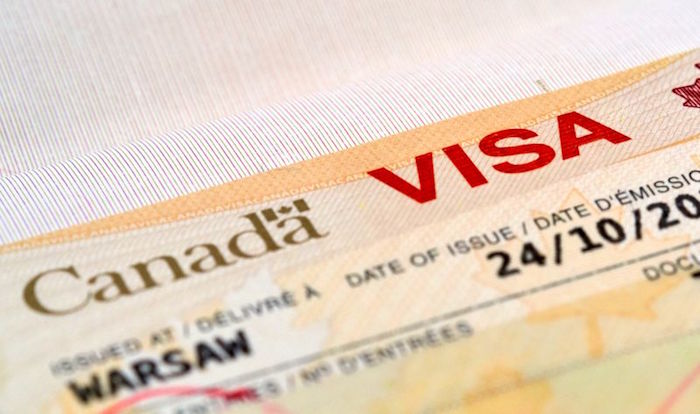If you are considering working in Canada, there are several routes available. Each has its own requirements and distinct work visa program.
Foreign nationals requiring work visas or permits before entering Canada must apply for one. There are various types of visas, each with its own requirements and processing time.
Open Work Permit
The Open Work Permit is one of many work visa types available in Canada. With this permit, you are free to work for any employer in any job role and anywhere within Canada.
Many individuals qualify for this permit, such as international students, skilled workers, refugees, protected persons, refugee claimants and family members.
Applying for an open work permit in Canada can be done at either a Canadian Consulate abroad, or upon arrival. There are certain fees to pay, such as the C$100 open permit holder fee and C$155 work permit fee.
The government is also expanding the eligibility of spouses and common-law partners of temporary foreign workers and international students to obtain an open work permit, helping address Canada’s labour shortage. Minister Sean Fraser of Immigration, Refugees and Citizenship applauded this move as a positive step toward aiding families.
Employer-Specific Work Permit
Employer-specific work permits enable workers to work for a specific employer at an established location, but with certain limitations. Generally, this type of permit is necessary before workers can legally work in Canada.
The initial step to obtaining an employer-specific work permit is obtaining a Labour Market Impact Assessment (LMIA) from Employment and Social Development Canada (ESDC). This will confirm that no Canadian citizen or permanent resident could perform the task at hand.
An employer-specific work permit provides labour market protection, guaranteeing employers hire Canadians or permanent residents and holding them accountable. Furthermore, this type of permit could be an effective tool in reducing abuse risks, particularly for vulnerable workers.
Temporary Work Permit
In Canada, a Temporary Work Permit (TWP) is an immigration option that permits foreign nationals to come and work in certain positions not filled by Canadian citizens or permanent residents. Examples include live-in caregivers and agricultural workers.
The Temporary Work Permit Program (TWP) is overseen by the federal government and administered by Immigration, Refugees and Citizenship Canada (IRCC). It enables foreign workers to legally work in Canada for a specified period of time with an assigned employer.
This study utilizes data sourced from Statistics Canada’s Canadian Employer-Employee Dynamics Database (CEEDD). The files are linked at the individual, job, and firm levels for analysis.
The OWP TFWs were overrepresented in industries that tend to be overrepresented among young and less-educated Canadians, such as accommodation/food services; administrative/support; and waste management/remediation services. On the other hand, high-skill ESWP TFWs were overrepresented in professional, scientific, and technical services; arts/entertainment/recreation.
Permanent Work Permit
A work permit is a document that permits individuals to live and work in Canada for an agreed-upon period of time. Generally, it’s granted to foreign workers who have secured employment through a Canadian employer.
Obtaining permanent residence in Canada is a prerequisite step for those eligible to apply, such as skilled workers, professionals, and technical workers with provincial nominations.
In Canada, there are various types of work permits. Each one has its own set of regulations and restrictions; some require the holder to have a job offer while others don’t.
If you are uncertain which type of work permit is ideal for you, consult an immigration attorney. They can assess your eligibility and help secure the visa necessary to start working.




